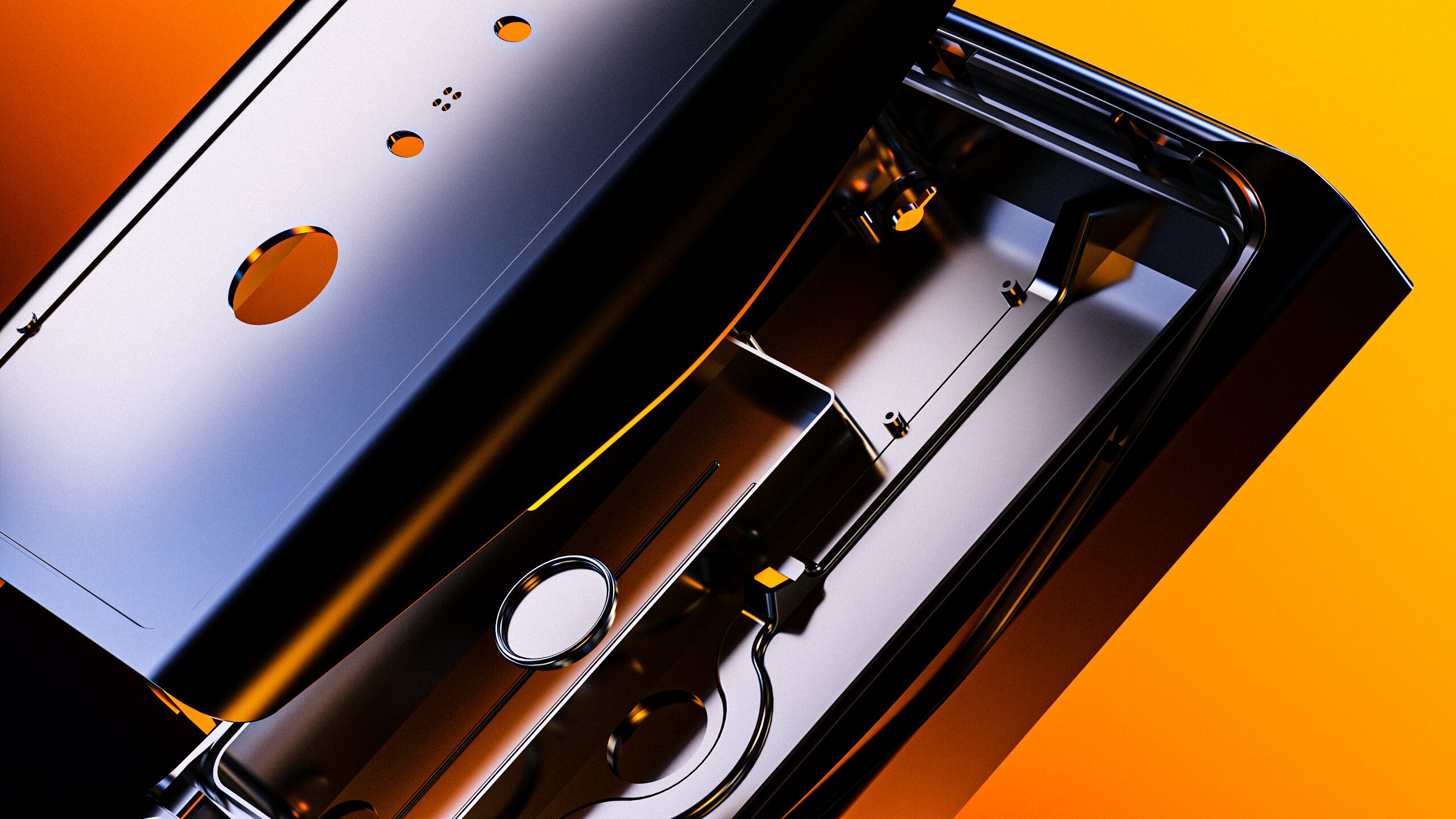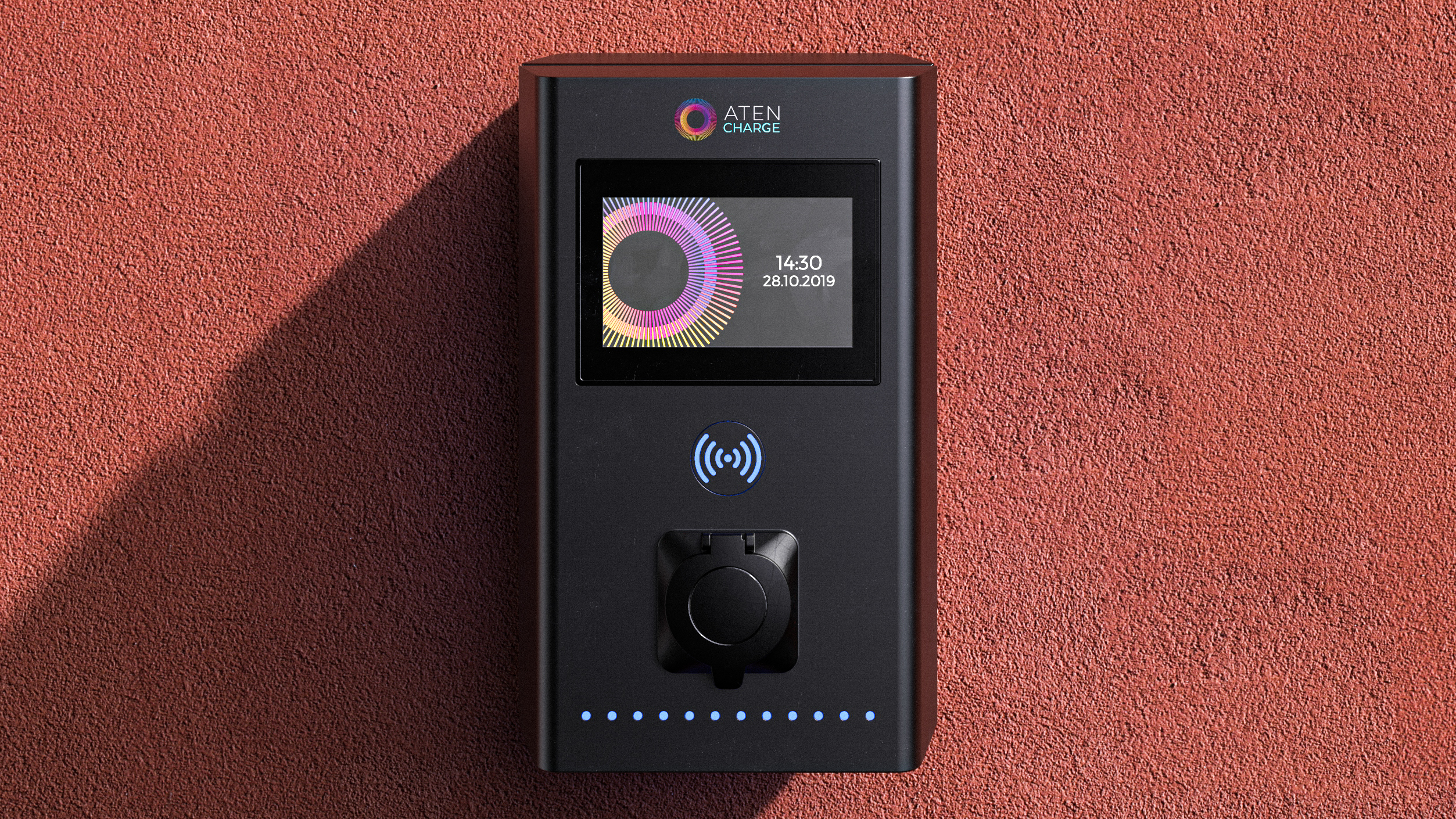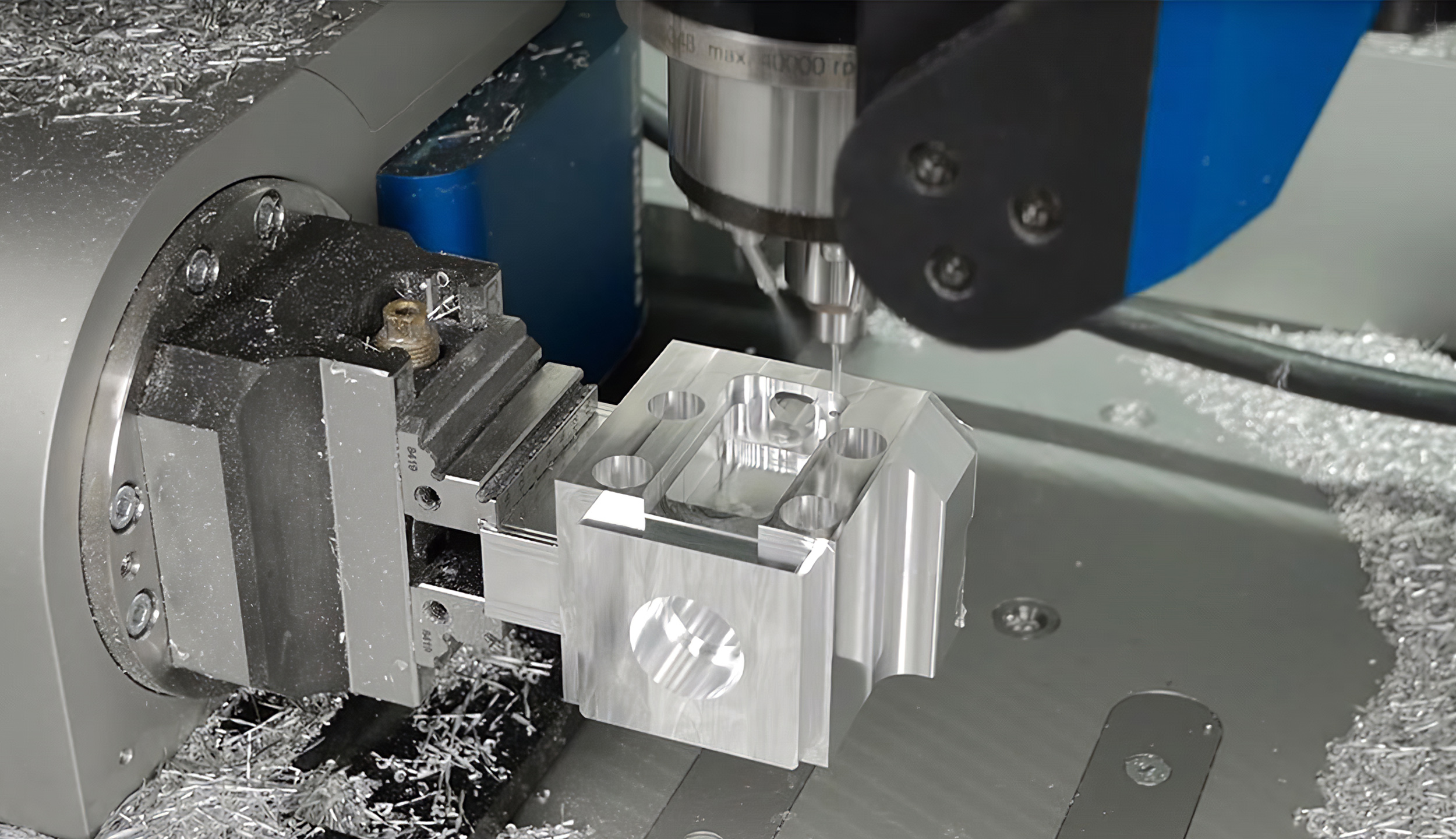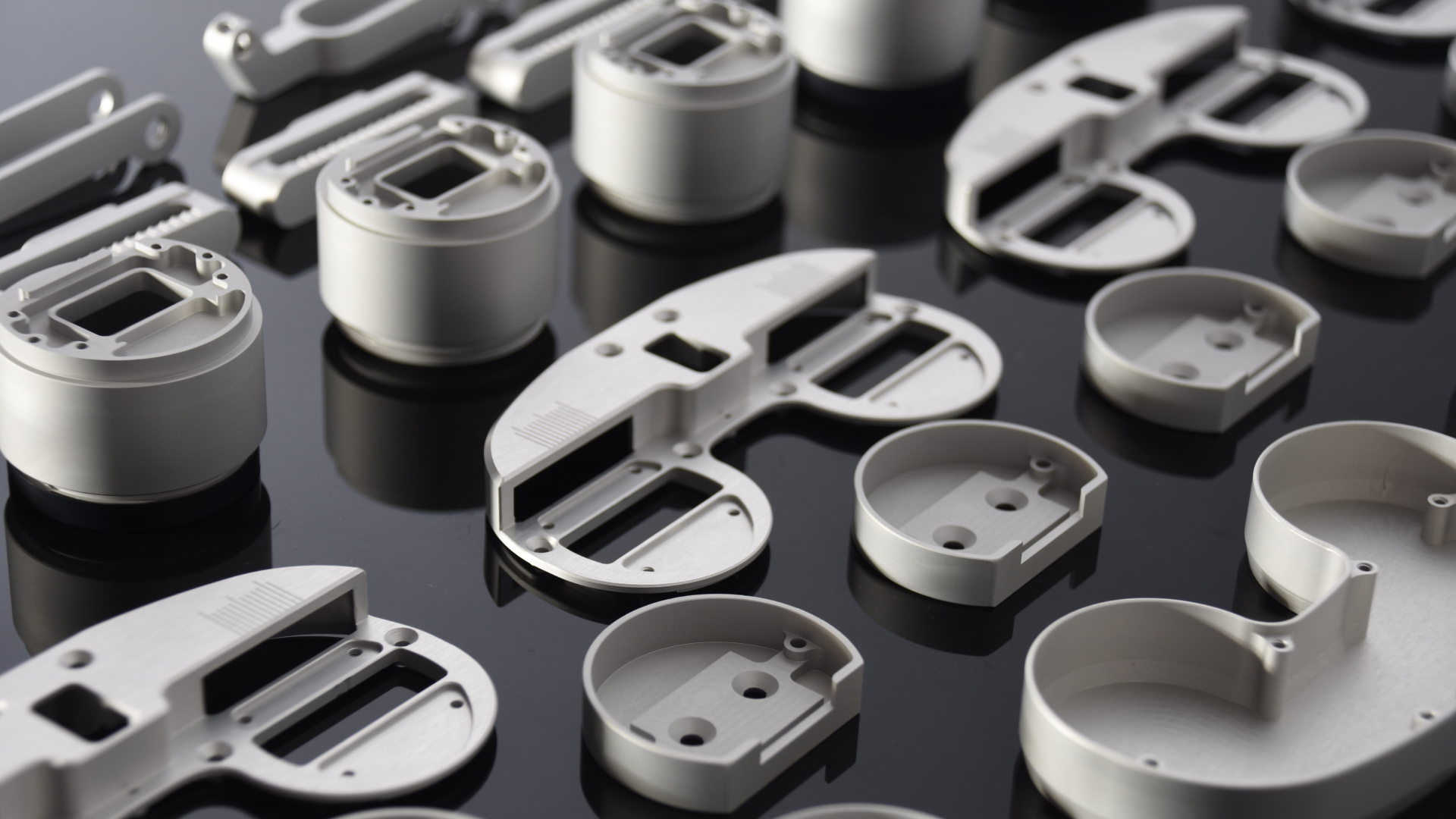Top-Quality Sheet Metal Enclosure: A Complete Guide

Looking to safeguard your electronics? Sheet metal enclosure options offer unbeatable protection and customisation possibilities. This guide explores their benefits, material options, and advanced manufacturing techniques, providing a comprehensive overview for your next project.
Table of Contents
Key Takeaways
- Custom sheet metal enclosures offer exceptional adaptability, allowing for real-time modifications to meet specific project requirements while providing durability and protection.
- Advanced CNC machining techniques, including laser cutting and plasma cutting, enhance precision and efficiency in manufacturing high-quality sheet metal enclosures.
-
Material selection is critical for sheet metal enclosures, with options such as aluminium, stainless steel and mild steel each providing unique benefits for various applications.
Custom Sheet Metal Enclosures for Every Need

Bespoke sheet metal enclosures are the epitome of adaptability. These enclosures can be crafted in virtually any shape or size to meet specific requirements, making them an ideal choice for a wide range of applications. Whether you’re looking to protect sensitive electronic components or ensure effective electromagnetic shielding, sheet metal enclosures offer unmatched versatility.
One of the standout features of custom sheet metal enclosures is their ability to be modified in real-time. This means that if your project requirements change, the design can be adjusted on the fly to accommodate new specifications. This level of flexibility is crucial in industries where timelines are tight, and precision is paramount. Furthermore, the durability of sheet metal enclosures ensures that they can withstand environmental conditions and mechanical impacts, providing robust protection for the components inside.
Material choice plays a significant role in the performance of these enclosures. Common materials include stainless steel, mild steel, and aluminium, each offering unique properties that influence their application. Aluminium is lightweight and corrosion-resistant, ideal for specific uses, while stainless steel’s strength and impact resistance suit industrial settings.
Additional features like locks, seals, hinges, and painted finishes can further enhance the functionality and aesthetic appeal of these enclosures.
Advanced CNC Machining in Enclosure Manufacturing

The manufacturing process of sheet metal enclosures has been revolutionised by advanced CNC machining techniques. These methods are critical in producing high-quality enclosures with precision and efficiency. CNC laser cutting, for instance, employs a focused beam to melt and cut through sheet metal, allowing for intricate designs and complex shapes that would be challenging to achieve with traditional methods. This technique ensures exceptional accuracy and significantly enhances production timelines.
Beyond laser cutting, CNC techniques such as plasma cutting and shearing are crucial in manufacturing. Plasma cutting uses a high-speed jet of ionised gas to melt and remove sections of sheet metal, making it ideal for thicker materials.
Shearing, on the other hand, involves using sharp blades to cut sheet metal with perpendicular force, ensuring straight-line accuracy for simpler designs. These advanced machining techniques collectively ensure that all our metal enclosures meet the highest standards of quality and precision.
Comprehensive In-House Design and Fabrication
An in-house design and fabrication team revolutionises sheet metal enclosure production. This setup facilitates a smoother transition from concept to production, ensuring that the final product meets the client’s exact specifications. The in-house team, with extensive product knowledge and experience, is instrumental in creating ideal enclosures. This approach boosts both the quality of the enclosures and the efficiency of the production process.
The fabrication process itself involves several stages, including metal profiling, bending, painting, and final assembly. Utilising advanced techniques like laser cutting, manufacturers can deliver products consistently within budget and on schedule. Tight control over the design concept, finishing, and delivery ensures that each enclosure is manufactured to the highest standards of quality and precision. This in-house capability streamlines the entire process, making it cost-effective and efficient to manufacture.
Material Choices for Sheet Metal Enclosures
Choosing the right material for your sheet metal enclosure is crucial as it affects the strength, durability, cost, and aesthetic appeal of the final product. Materials commonly used for bespoke sheet metal enclosures include stainless steel, mild steel, aluminium, and Zinc. Each of these materials offers unique properties that make them suitable for specific applications.
Aluminium Enclosures

Structural integrity is vital in custom enclosure manufacturing to guarantee longevity and performance under stress. Precision sheet metal fabrication techniques significantly enhance the strength and rigidity of custom enclosures. This process involves meticulous attention to detail and precise tolerances to enhance structural stability.
Robust assembly processes prevent failures and ensure the enclosures withstand mechanical loads. This includes the use of high-quality materials and advanced fabrication techniques. Sealing mechanisms, such as gaskets or O-rings, are also essential for maintaining enclosure integrity in harsh conditions.
Focusing on these aspects allows designers to create enclosures that are strong, durable, and capable of protecting internal components from external stresses.
Stainless Steel Enclosures
Stainless steel enclosures are the go-to choice for industrial and hazardous environments due to their durability and impact resistance. These enclosures are designed to protect sensitive instrumentation and electrical appliances, ensuring longevity and reliability even in the toughest conditions.
Mild Steel Enclosures
Mild steel enclosures are favoured for their cost-effectiveness and versatility. These enclosures are suitable for a wide range of industries due to their adaptability in design and functionality.
Additionally, mild steel enclosures offer strong resistance to environmental conditions and pests, making them a reliable choice for various applications.
The Benefits of Laser Cutting for Sheet Metal Enclosures
Laser cutting technology offers numerous benefits for the production of sheet metal enclosures. One of the most significant advantages is the exceptional accuracy it provides, allowing for intricate designs and complex shapes that would be difficult to achieve with traditional cutting methods. This precision ensures that each enclosure is manufactured to exact specifications, reducing the likelihood of errors and enhancing overall quality.
In addition to accuracy, laser cutting produces superior edge finishes, minimising the need for additional processing or finishing work. This not only saves time but also reduces costs, making the manufacturing process more efficient and cost-effective.
Laser cutting technology enables manufacturers to produce high-quality enclosures tailored to customer needs while keeping costs competitive.
Surface Finishing Techniques for Metal Enclosures
Surface finishing is a critical step in the production of metal enclosures, enhancing both aesthetics and durability. One popular technique is powder coating, which provides a robust protective finish that can be customised in various textures and colorus. Powder coating not only improves the appearance of the enclosure but also enhances its resistance to environmental damage, ensuring long-term reliability.
Other finishing options include zinc plating, galvanising, anodised finishes, and grained brushed finishes. These techniques offer additional protection against corrosion and wear, further extending the lifespan of the enclosure.
Blasting, which uses high-speed abrasive materials to clean and prepare metal surfaces, is another essential step in improving adhesion for subsequent coatings. These advanced finishing techniques allow manufacturers to create metal enclosures that are aesthetically pleasing and durable, especially when working with various metals.
Summary
In summary, top-quality sheet metal enclosures are essential for protecting sensitive components and ensuring the reliability of various applications. The customisability of these enclosures, combined with advanced CNC machining techniques and comprehensive in-house design and fabrication, allows manufacturers to deliver products that meet precise specifications. The choice of materials, from aluminium to stainless steel, plays a significant role in determining the performance and durability of the enclosures.
By leveraging laser cutting technology and advanced surface finishing techniques, manufacturers can produce high-quality enclosures that are both aesthetically pleasing and highly durable. Customer testimonials and case studies further highlight the exceptional quality and reliability of these products, reinforcing the importance of investing in top-quality sheet metal enclosures.
View more of our Product Development Services
If you would like to hear more on how we can improve the quality of your products or help with your product development, please contact Bluefrog Design at [email protected]
FAQ’s
What materials are commonly used for sheet metal enclosures?
Common materials for sheet metal enclosures include stainless steel, mild steel, aluminum, and Zintec, each selected for their specific properties suited to different applications. Choosing the right material is essential to meet your enclosure’s requirements effectively.
What are the benefits of using CNC machining in enclosure manufacturing?
Using CNC machining in enclosure manufacturing ensures exceptional precision and efficiency, enabling the creation of intricate designs and complex shapes. This results in enhanced quality and performance of the final product.
How does surface finishing enhance metal enclosures?
Surface finishing significantly enhances metal enclosures by improving both their aesthetics and durability, offering crucial protection against environmental damage and wear through processes like powder coating, zinc plating, and anodising.
What are the advantages of using aluminium for sheet metal enclosures?
Using aluminium for sheet metal enclosures provides significant advantages, including being lightweight and corrosion-resistant. These properties enhance durability and ease of handling in various applications.
How do customer testimonials and case studies contribute to understanding the quality of sheet metal enclosures?
Customer testimonials and case studies offer firsthand accounts of the quality and reliability of sheet metal enclosures, with positive feedback underscoring client satisfaction and the manufacturer’s dedication to excellence. This transparency helps potential customers make informed decisions based on real experiences.
Ready to get started on a project?
Socials



